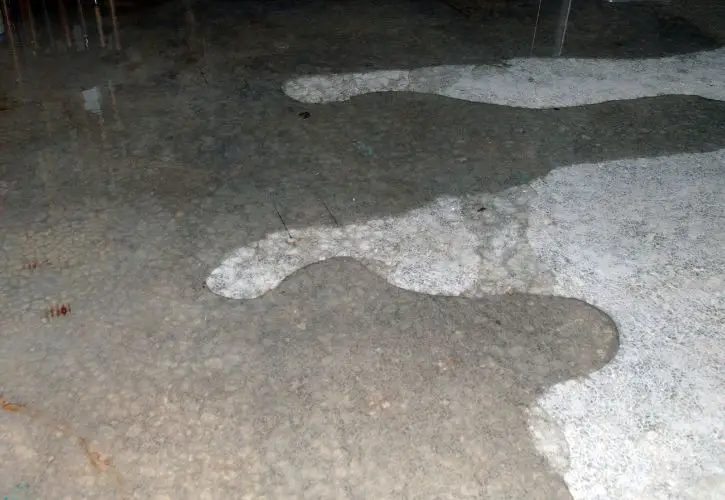Table of Contents
A flooded basement is every homeowner’s worst nightmare. This major inconvenience can cause stress, destruction, and potential health hazards. If your basement floods, you need to take action to prevent further damage and file insurance claims. In this blog post, we’ll walk you through the key steps to take if your basement floods.
Prioritize Safety
Electricity and water are a deadly combination, so you need to turn off your power before entering the basement. In most homes, you can do this by accessing the circuit breaker and flipping the switch. However, your home’s circuit breaker may be in the basement; in this case, contact your electrical company to have your power shut off.
Parent Tip
If you have pets and young children, consider asking a friend or relative to look after them. You won’t be able to keep an eye on your little ones and take care of a flooded basement, which puts their safety at risk.
Find the Cause
Once you’ve turned off the electricity, search for the cause of the flood. Common causes of flooding include the following:
- Sump pump failure
- Burst pipes
- Plumbing leaks
- Inadequate drainage system
- Clogged gutters
- Foundation cracks
Identifying the cause of the flood will help you determine the best course of action to take and who you need to contact to repair your home. If your foundation is cracked, you’ll need to call foundation contractors to seal it.
Contact Your Insurance Company
After discovering a flooded basement, you should contact your insurance company to report the damage and file a claim. One vital tip for filing a water damage claim is to document all damage to your home and possessions.
Your insurance agent will advise you on what to do next and may even recommend hiring a professional water damage restoration company. They’ll also guide you through the claims process, ensuring you receive the appropriate compensation.
Clean the Area
Another step to take if your basement floods is to clean the area and dispose of any destroyed belongings. Use a dehumidifier and open the windows to eliminate moisture in the basement.
Check carpeted areas for damage. While you may be able to eliminate some water with the dehumidifier, it’s best to remove and dispose of saturated carpets and rugs. Excessive moisture increases the risk of mold and mildew growth in the basement, which is hazardous to your health.
Prevent Future Floods
Depending on the cause of the flood, you’ll want to take measures to prevent a repeat incident. For instance, if a pipe bursts, contact a plumber to repair it and check other areas of the home. Taking preventive measures from the start keeps your house in great shape.

